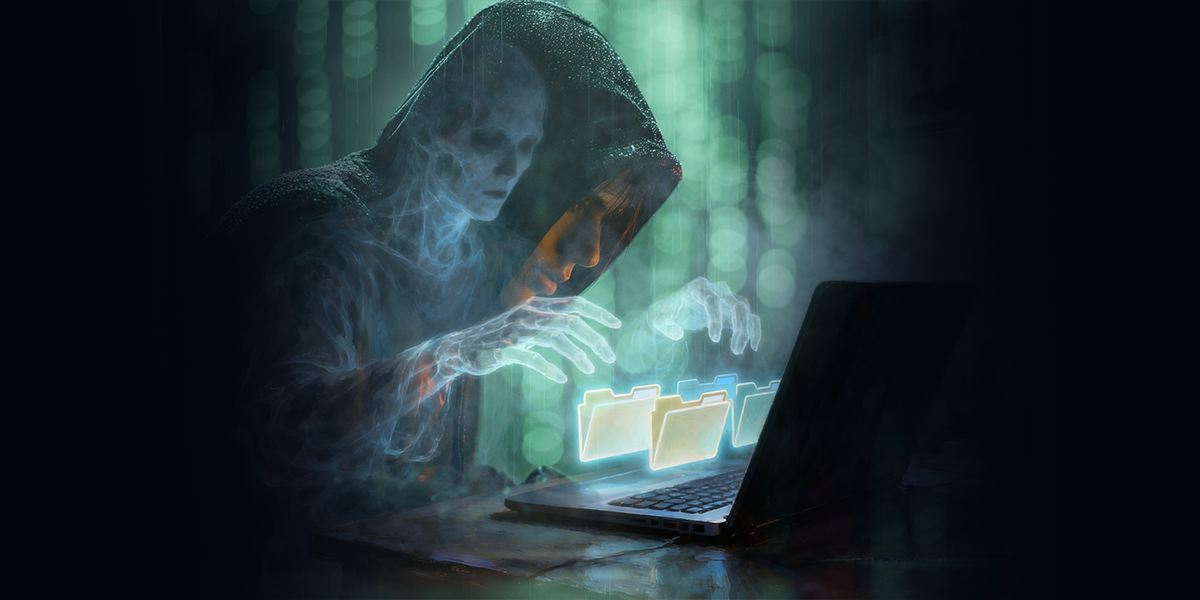Computers in China could be exposed to hackers due to a security flaw in new compulsory government firewall software.
Chinese computer experts highlighted a flaw in a the screening software which could lead to a “large-scale disaster” just a day after the software was made compulsory for all computer systems sold within the country.
The Chinese government, which employs strict censorship laws on the media and electronic communications, mandated that all computers in the country must include a form of screening software which is designed to filter out any offensive content from the internet.
But researchers have revealed that the software contains a series of flaws that could allow a hacker to distribute malicious software including computer viruses and spyware.
“We found a series of software flaws,” Isaac Mao, a blogger and social entrepreneur in China, as well as a research fellow at Harvard University’s Berkman Center for Internet and Society, told the BBC.
In one example, Mr Mao highlighted that tests had shown that communications between the software and the servers at the company that developed the program were unencrypted.
He claimed that this could allow hackers to “steal people’s private information” or “place malicious script” on computers in the network to “affect [a] large scale disaster.”
The launch of the software has attracted further criticism, with claims that the filter is only effective on Microsoft Windows PCs and running the Internet Explorer browser. Those using Mac or Linux operating systems, as well as Windows users opting for alternative browsers such as Firefox have reportedly been able to bypass the software.
China has long had a policy of restricting internet use in the country, with several high profile sites and news agencies banned to Chinese users in what has been dubbed “The Great Firewall of China” in what is widely seen as an attempt by Chinese authorities to play down criticism of the country’s current regime.
In response to criticism from the Western media, Chinese authorities relaxed many restrictions during the 2008 Beijing Olympics but more recently, sites such as Blogger and Twitter were reportedly banned to Chinese users last week due to the 20th anniversary of the Tiananmen Square protests.







